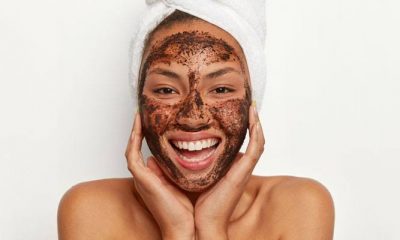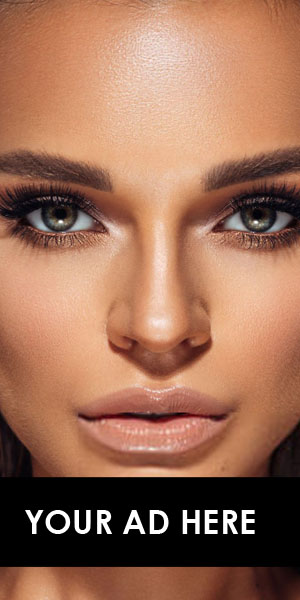Wellness
Simple Habits That Naturally Boost Your Mind and Body

There’s a kind of tired that even a full night’s sleep doesn’t touch—the kind that makes your body feel slow and your thoughts feel like they’re moving through fog. You’re not exactly sick, and maybe not stressed in the usual way, but something feels out of sync. The answer? It’s not in an expensive health app or some exotic supplement. Sometimes, the best way forward is to get back to basics—simple habits we often ignore because they seem too small to make a real difference. But they can.
Let’s begin with something we all have access to: fresh air and sunlight. Not for exercise or a phone call—just for presence. Step outside in the early morning or pause to watch the sun melt into the evening sky. Natural light helps reset your internal clock, lifts your mood, and clears away the mental noise that tends to pile up. There’s something quietly powerful about standing still under the open sky. It reminds your body what peace feels like.

Next up: movement that fits into your life, not the kind that demands gym gear or hours of effort. Dance while you tidy up. Stretch while the kettle boils. Walk instead of scrolling during breaks. Regular movement—no matter how small—gets your blood flowing, clears tension, and helps you think more clearly. You don’t have to follow a routine or track your steps. Just move in ways that feel good. Your body doesn’t care how—it just appreciates that you’re doing it.
One habit that often goes unnoticed but has real impact is intentional breathing. Not the automatic kind, but the kind that slows you down and makes you aware of each breath. Deep, steady breathing helps your nervous system relax and brings your body out of that constant low-key alertness. It’s free, it’s quiet, and it works. No timer needed—just pause, inhale deeply, and let the air do the work.

Let’s talk about water. It sounds like old advice, but many of us live in a mild state of dehydration without realizing it. We grab coffee or soda, thinking it’s enough, but our brains are running low on what they really need. A lack of water affects focus, energy, and even your mood. Find a bottle that you actually enjoy using and keep it close. Sip through the day—not because someone told you to, but because your brain and body function better when you do.
Then there’s sleep—not just any sleep, but the kind that comes with consistency and calm. Going to bed at the same time each night helps your body settle into a natural rhythm. Try adding a small evening ritual: a warm shower, low lighting, maybe a few pages of a book. Skip the late-night scrolling. When your body knows what to expect, it relaxes more deeply, and you wake up feeling steady and grounded instead of groggy.

Finally, don’t underestimate stillness. Not just rest, but intentional quiet—short, peaceful moments in your day where you’re not reacting, performing, or consuming. Maybe it’s five minutes before the world wakes up. Maybe it’s a few deep breaths before dinner. With everything moving so fast, stillness gives your mind the space to breathe. You don’t have to meditate or journal—just be quiet long enough to hear your own thoughts again.
Here’s the truth: you don’t need a major life overhaul to feel better. You don’t have to buy anything, follow a trend, or become a different person. These small, everyday habits—stepping outside, moving your body, drinking more water, slowing your breath, protecting your sleep, and embracing stillness—have a way of working together to bring you back to yourself. Bit by bit, they create balance where you didn’t even know you needed it.

Wellness
Simple & Affordable Self-Care Habits That Truly Make a Difference

Self-care has been heavily marketed as something you buy. Expensive skincare, luxury retreats, planned routines. But most research and long-running lifestyle reporting point to something simpler: the habits that improve daily wellbeing are often basic, repeatable, and inexpensive. They work not because they’re trendy, but because they stabilise how the body and mind function over time. The habits below aren’t extreme. That’s exactly why they matter.
Health publications frequently focus on eight hours of sleep, but sleep researchers consistently emphasise timing over perfection. Going to bed and waking up at roughly the same hour every day regulates the body clock. Even small improvements in consistency reduce daytime fatigue, mood swings, and stress sensitivity. This doesn’t require blackout curtains or supplements. It starts with a fixed wake-up time. When the wake-up time is stable, the body adjusts naturally. People who struggle with sleep often try to control the night; experts suggest controlling the morning instead.
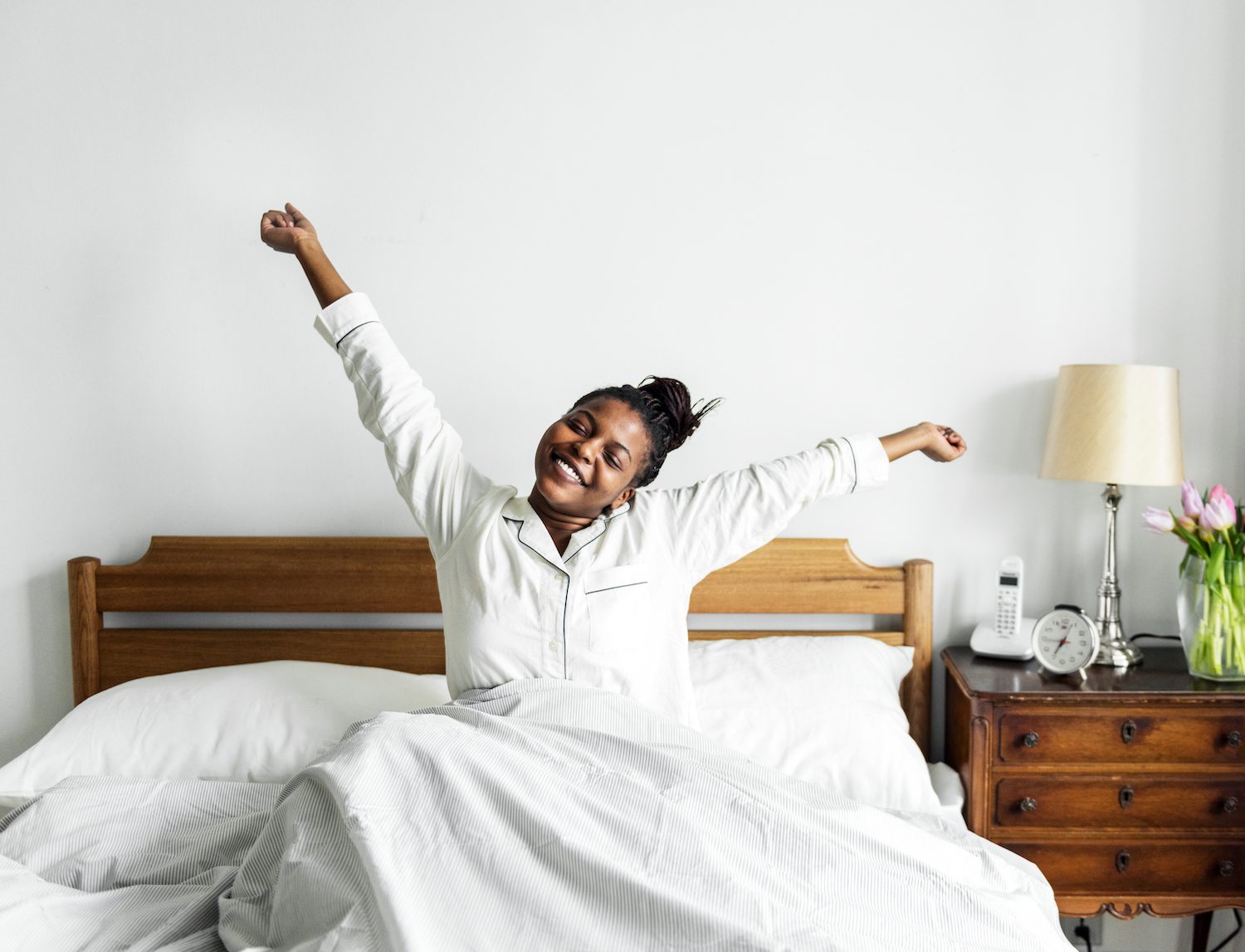
Photo Credit – Google
Exposure to natural daylight within the first hour of waking influences hormone balance, alertness, and emotional regulation. This isn’t wellness folklore. It’s a basic biological response tied to circadian rhythm. Ten to fifteen minutes outdoors is enough. No workout required. A short walk, sitting by a window with direct light, or stepping outside before commuting already signals the brain to switch from the body’s sleep state to daytime focus. Over time, this improves sleep quality at night and stabilises energy levels during the day. It’s one of the cheapest mental resets available.

Photo Credit – Google
Wellness coverage increasingly highlights a shift in fitness advice: consistency beats intensity. Many people abandon exercise plans because they require too much time. Short, frequent movements address that issue. Three to five minutes of stretching, walking, or bodyweight movement several times a day improves circulation and reduces mental fatigue. Office workers who take movement breaks report better concentration and lower stress compared to those who wait for a single gym session that often gets skipped. This isn’t about replacing workouts. It’s about preventing the physical stagnation that builds tension in the body. Small interruptions in sitting patterns protect posture, joints, and attention span.
Even mild dehydration affects concentration, memory, and irritability. Several lifestyle and health publications have noted how often fatigue is mistaken for hunger or stress when the body simply needs fluids. The solution isn’t complicated: keep water visible. People drink more when water is within reach. A bottle on a desk is more effective than a reminder app. Habit design works better than discipline. Tea, infused water, and diluted juice count. The goal is steady intake, not strict rules.
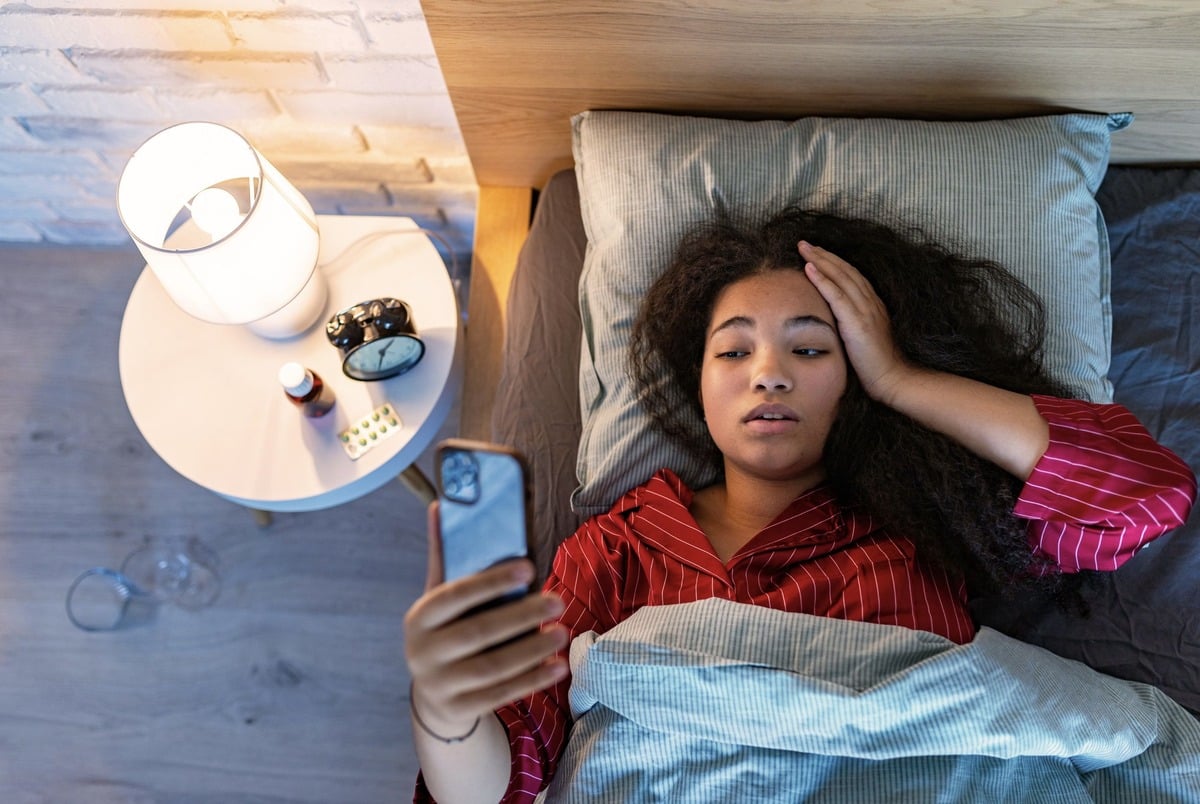
Constant notification exposure increases stress hormones and fragments focus. Many modern wellness articles now treat digital hygiene the same way earlier generations treated diet or exercise: it’s foundational. A simple rule makes a measurable difference: no phone use for the first 20 minutes after waking and the last 20 minutes before sleep. This protects mental transitions. Morning attention stays internal instead of reactive. Evening wind-down becomes easier, improving sleep onset. Another effective boundary is disabling non-essential notifications. Most alerts are optional. Reducing interruptions restores a sense of control over time.
Self-care is often framed as solitude, but long-term studies on wellbeing consistently point to social connection as a protective factor against anxiety and burnout. This doesn’t require deep conversations every day. Even a check-in message, a brief call, or a shared walk counts. Regular light contact maintains emotional stability in ways isolation cannot. People underestimate how much mood regulation happens socially. Even minimal connection acts as a reset.
Unfinished thoughts accumulate when the day ends without closure. A two-minute written reset helps. Listing what needs attention tomorrow and writing down unresolved concerns reduces rumination. Articles on productivity often highlight this as a performance tool, but it doubles as emotional maintenance. The brain relaxes when it knows information is stored somewhere reliable.

Photo Credit – Google
None of these practices are extreme because biology doesn’t respond to extremes. It responds to repetition. Trends in lifestyle coverage change yearly, but the underlying advice remains steady: regulate sleep, move often, drink fluids, protect attention, seek light, maintain connection. The effectiveness comes from accumulation. Each habit is small enough to repeat without resistance. When repeated daily, they reshape energy, mood, and resilience more reliably than occasional big efforts. Self-care that lasts isn’t impressive. It’s sustainable. And sustainability is what produces visible change.
Wellness
This 20-Minute Power Yoga Workout Builds Serious Strength
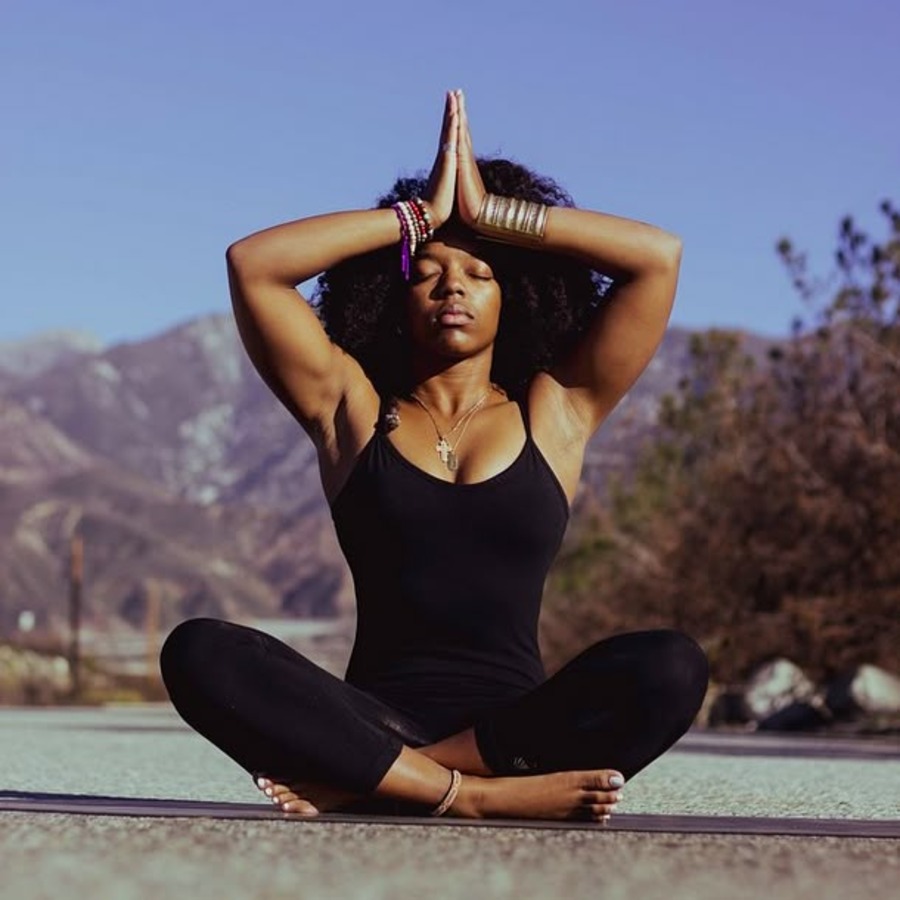
This 20 minute power yoga workout focuses on full-body strength using continuous movement and body-weight poses. It combines flowing sequences with controlled holds to increase muscular strength and improve balance. The routine creates effective strength training in a short time.
Pose Flow and Controlled Movement

Source: Women’s Health
Power yoga is continuous pose flow keeping muscles active through motion. Instead of long pauses, poses connect smoothly, keeping muscles engaged. This workout style increases muscular coordination. The steady pace will improve control and body awareness, making each transition part of the strength work.
Core Engagement and Stability Skills

Source : Freepik
Core strength is key to power yoga practice. Many poses engage the abdomen and lower back to stay active and maintain balance. Movements like planks, controlled twists, and standing balances support posture. Rather than isolating one area, power yoga helps stabilize the body. This supports safer movement on everyday activities.
Upper Body Strength Through Weight Bearing Poses
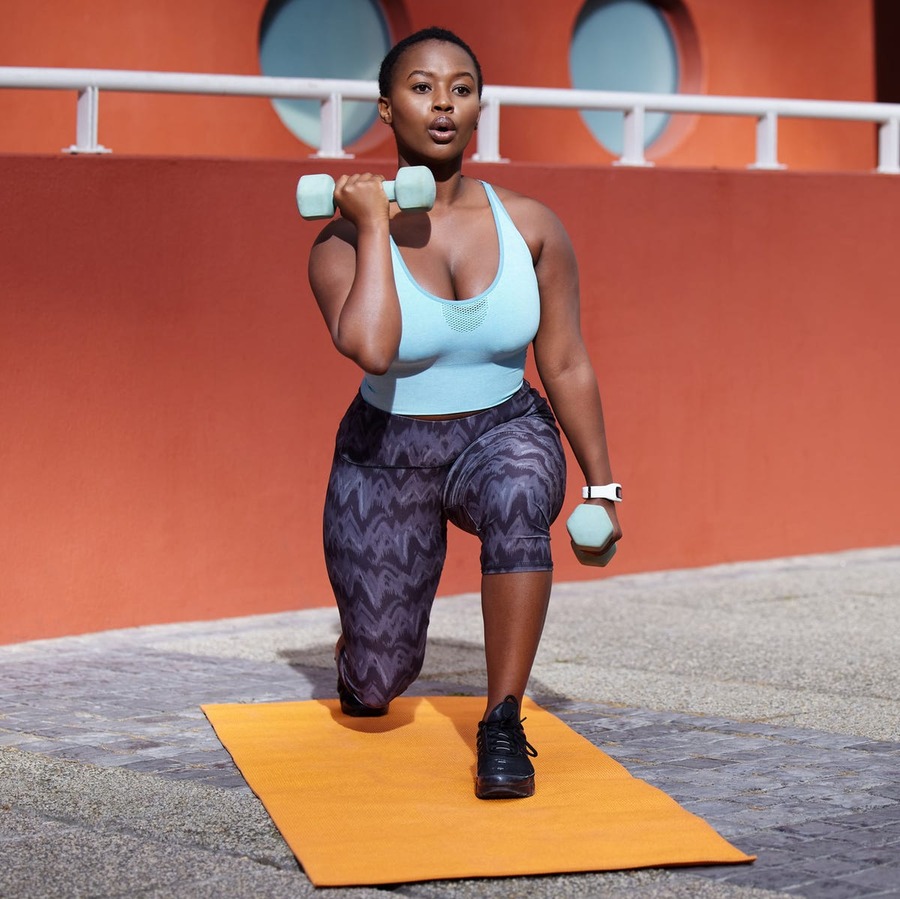
Source: Women’s health
Power yoga develops upper body strength by placing body weight through the arms and shoulders. These poses involve pushing into the floor, making the arms, chest, and upper back stronger. Repeated transitions between these poses build endurance and control.
Read Also:How I-Y-T Workouts Can Prevent Injuries and Boost Performance
Lower Body Strength and Balance Control

Source: Getty images
Standing poses during workouts build lower body strength. Lunges, squats, and single-leg poses engage the thighs, hips, and glutes. Holding these poses strengthens muscles, while flowing between them improves body coordination.
Breath Control and Mental Focus Skills
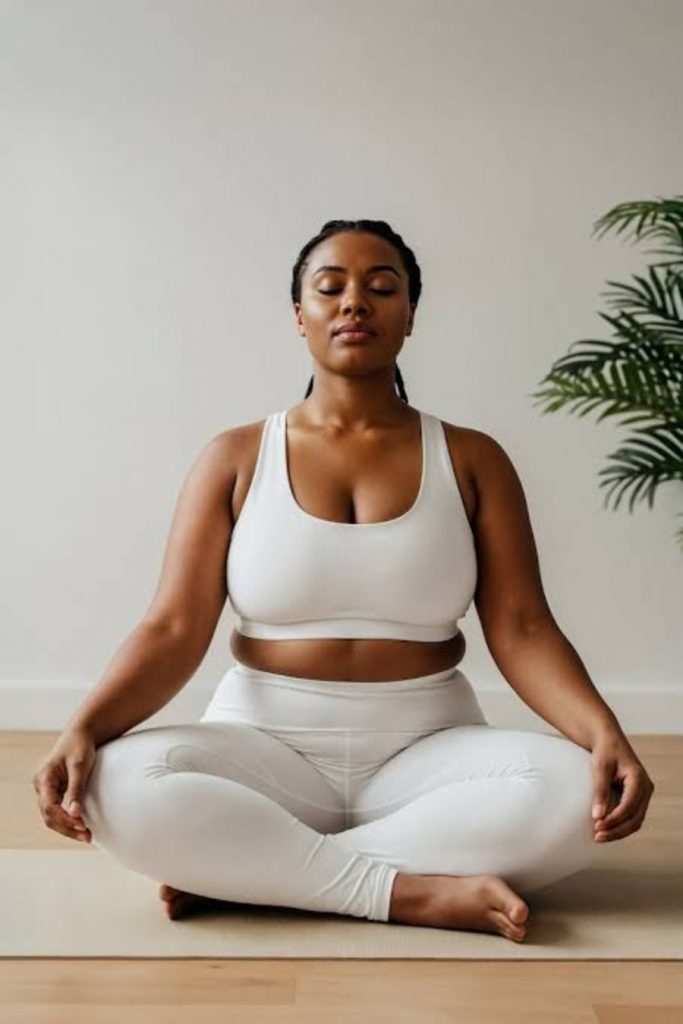
Breath awareness remains during a power yoga workout. Controlled breathing keeps the body steady during challenging poses. Staying focused on the breath also improves concentration and prevents rushing. This connection between breath and motion supports both physical strength and mental health. With regular practice, this workout improves stability and mobility.
Wellness
This New Year, Set Boundaries and Master the Art of Saying No for Better Well-Being

As the new year begins, many of us plan to eat healthier, work harder, or socialise more. One change often overlooked is learning to set clear personal boundaries. Boundaries are not walls; they are practical guidelines that protect your time, energy, and well-being.
Boundaries define how much of yourself you make available to others. Without them, it’s easy to overcommit, feel drained, or become frustrated. Psychologists emphasise that establishing limits is a straightforward way to manage stress and maintain control over your schedule. Accepting tasks or invitations beyond your capacity often leaves you exhausted and resentful, while saying no frees time for priorities that matter.

Photo Credit – Google
Saying no is not selfish. It allows you to invest energy in meaningful work, relationships, and personal goals. For instance, declining a last-minute social invitation gives you space to rest or focus on a project you value. Setting work boundaries, like not answering emails after a certain hour, ensures that professional demands do not encroach on personal time. These actions do not require long explanations; clear, consistent communication is enough.

Photo Credit – Google
Many people fear that saying no will harm relationships or make them appear unhelpful. In reality, clear boundaries strengthen relationships by creating mutual respect and preventing misunderstandings. A colleague or friend who knows your limits can plan around them, and over time, your consistent boundaries foster trust. You do not need to feel guilty for prioritising your well-being. Prioritisation is not rejection; it is responsible self-management.
Boundaries are flexible and evolve with your life. Start small. Identify one area where your limits are often tested and practise saying no this week. For example, you might tell a friend, “I won’t be able to join this week, but we can meet next week,” or let a colleague know, “I’m unavailable for calls after 6 p.m.” Clear statements like these communicate your limits respectfully and effectively.

Photo Credit – Google
The benefits of respecting your boundaries are tangible. You will notice more focused attention on important tasks, deeper and healthier relationships, and less stress from overextending yourself. By consciously choosing how you spend your time, you can create a balanced and fulfilling year.
This year, focus on protecting your energy and making deliberate choices. Saying no is not about avoiding responsibility; it is about directing your attention and effort where it counts most. By honouring your boundaries, you gain the clarity and space to say yes to opportunities that truly enhance your life.
-

 Fashion7 months ago
Fashion7 months agoLee Khuzwayo in a Long Black Dress, Done Right
-

 Fashion8 months ago
Fashion8 months agoSinqobile Tusani Signature Love Affair with White Outfits
-

 Fashion7 months ago
Fashion7 months agoSinqobile Tusani Elevates the Mini Skirt with Urban Cool
-

 Fashion4 months ago
Fashion4 months agoThabee Happy Paints Johannesburg Pink in Chic Style
-

 Fashion6 months ago
Fashion6 months agoSiphosethu Nkosi Lights up the Scene in Yellow
-

 Music4 months ago
Music4 months agoTyla just dropped her latest single ‘Chanel’
-

 TV1 month ago
TV1 month agoBig Brother Mzansi Season 6 Welcomes Ashay Sewlall: From Footballer to Rising Star
-

 Fashion8 months ago
Fashion8 months agoSiyanda Bani Dazzles in Bold Polka Dot for Studio Shoot








